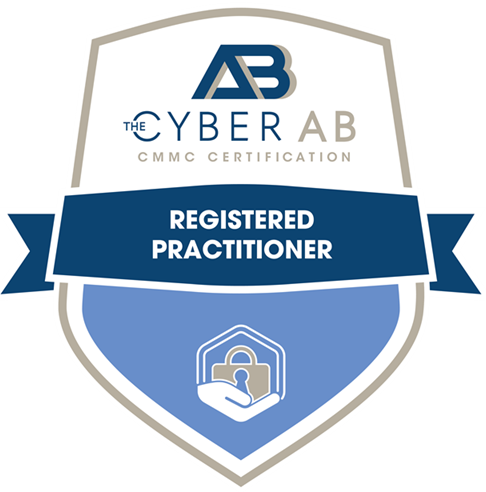Kate M. GrowleyCIPP/G/US, AIGP, CMMC RP
Overview
|
Businesses around the globe rely on Kate M. Growley to navigate their most challenging digital issues, particularly those involving cybersecurity, artificial intelligence, digital infrastructure, and their intersection with national security. Clients seek her guidance on proactive compliance, incident response, internal and government-facing investigations, and policy engagement. With a unique combination of legal, policy, and consulting experience, Kate excels in translating complex technical topics into advice that is practical and informed by risk and business needs. |  |
Career & Education
- Florida State University, B.S., summa cum laude, International Relations
- University of Virginia School of Law, J.D.
- Virginia
- District of Columbia
Kate's Insights
Blog Post | 02.20.26
Client Alert | 2 min read | 02.18.26
Client Alert | 2 min read | 01.29.26
Insights
- |
08.01.25
Journal of Federal Agency Action
Global Developments: New Actions in the Asia-Pacific
|05.14.24
Privacy and Cybersecurity Outlook: The 2024 Landscape
China: Recent Developments In Cross-Border Data Transfer Requirements
|12.18.23
OneTrust DataGuidance
Cybersecurity Provisions Proliferate In The National Defense Authorization Act
|03.15.22
Government Contracting Law Report
Advancing America’s Dominance in AI: The 2021 National Defense Authorization Act’s AI Developments
|05.06.21
The Journal of Robotics, Artificial Intelligence & Law
- |
04.27.21
Government Contracting Law Report
"Privacy Frameworks in the United States and Asia", AI and Data Privacy
|11.12.25
Pentagon To Require New Cybersecurity 'Certification' From Defense Contractors
|05.31.19
Inside Defense
DHS Announces Virtual Town Halls on CIRCIA Final Rule
|02.20.26
Crowell & Moring’s Government Contracts Legal Forum
FedRAMP Proposes Updates to Authorization Process—Six New RFCs Released for Public Comment
|01.26.26
Crowell & Moring’s Government Contracts Legal Forum
FedRAMP Proposes Updates to Authorization Process—Six New RFCs Released for Public Comment
|01.22.26
Crowell & Moring’s Government Contracts Legal Forum
CMMC for AI? Defense Policy Law Imposes AI Security Framework and Requirements on Contractors
|01.08.26
Crowell & Moring’s Government Contracts Legal Forum
An ITAR-ly Critical Reminder of Cybersecurity Requirements: DOJ Settles with Swiss Automation, Inc.
|12.29.25
Crowell & Moring’s Government Contracts Legal Forum
The FY 2026 National Defense Authorization Act
|12.29.25
Crowell & Moring’s Government Contracts Legal Forum
From Yellow Jackets to Red Flags: DOJ Stings Georgia Tech for Alleged Cybersecurity Noncompliance
|10.15.25
Crowell & Moring’s Government Contracts Legal Forum
- |
09.02.25
Crowell & Moring’s Government Contracts Legal Forum
Coming Soon: “Drone & Order” – A series on FAA rulemaking, BVLOS, and the future of UAS
|08.28.25
Crowell & Moring’s Transportation Law: Moving Forward
Last Chance to Comment on FASC Rule – More Supply Chain Restrictions Coming
|10.27.20
Crowell & Moring’s Government Contracts Legal Forum
Kate's Insights
Blog Post | 02.20.26
Client Alert | 2 min read | 02.18.26
Client Alert | 2 min read | 01.29.26






